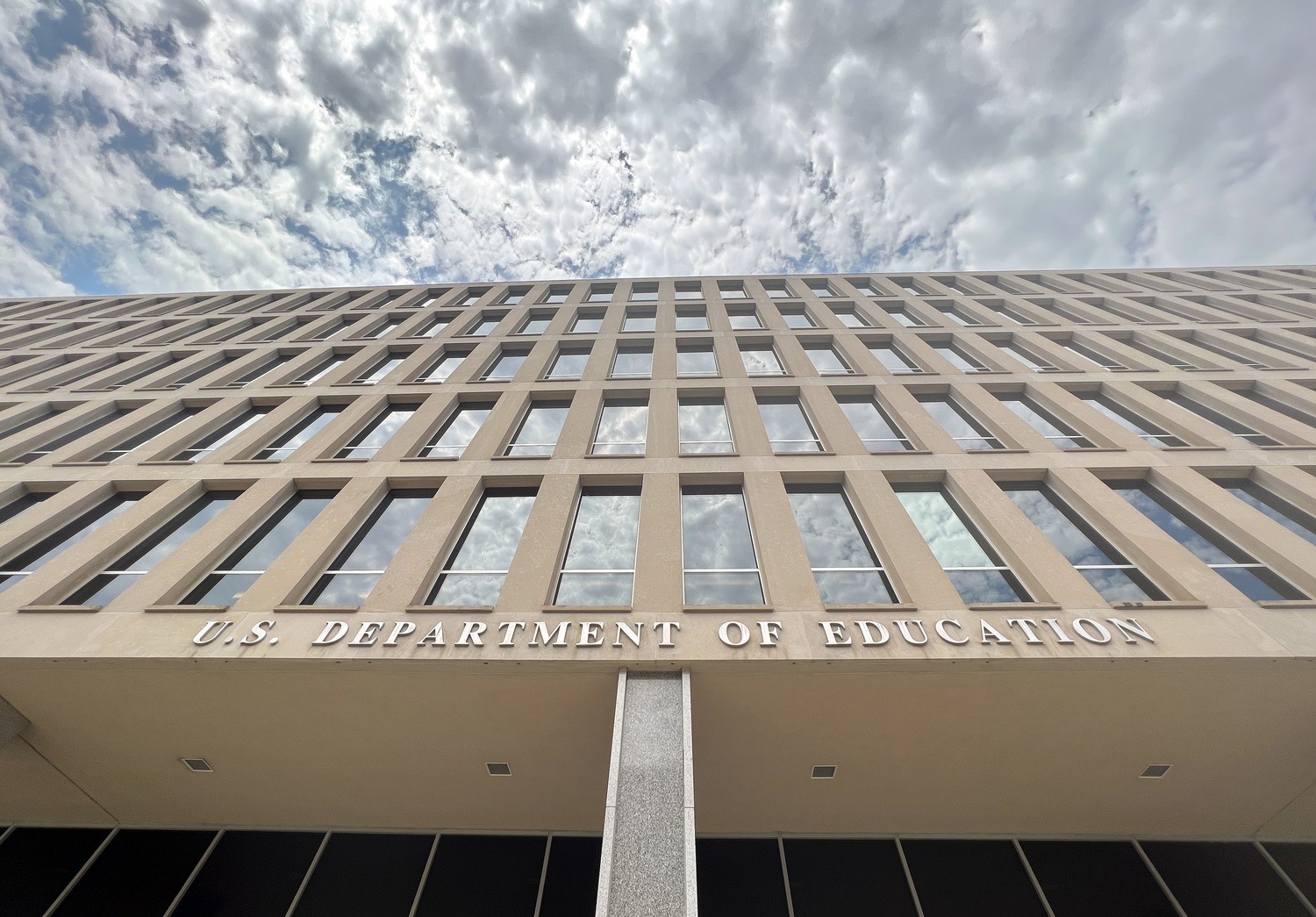02/07/24 Reposted from thecrimson.com
The U.S. Department of Education’s Office of Civil Rights launched an investigation into Harvard on Tuesday, one week after a group of students filed a complaint alleging the University failed to protect them from anti-Palestinian, anti-Muslim, and anti-Arab harassment and intimidation.
The Muslim Legal Fund of America filed the complaint on behalf of more than a dozen anonymous students, which claimed the University violated students’ rights under Title VI, which protects people from discrimination on the basis of race, color, or national origin.
The department also opened an investigation into the University late last year following a complaint alleging Harvard failed to protect students from antisemitism on campus.
Chelsea Glover, senior civil litigation staff attorney at the MLFA, said in a press release that we “applaud the DOE’s swift action.”
“These students rightly felt abandoned,” Glover said. “Harvard’s primary responsibility should be to its current students, not wealthy donors and alumni with personal agendas that harm students who support Palestinian freedom.”
Christina A. Jump, the head of the MLFA’s civil litigation department, added in an interview Tuesday that the probe will allow for a “a neutral investigator from the outside” to examine the students’ allegations.
Harvard spokesperson Jason A. Newton wrote in a statement that the University supports “the work of the Office of Civil Rights to ensure students’ rights to access educational programs are safeguarded and will work with the office to address their questions.”
The MLFA said that the students were targeted for participating in vigils in support of Palestine, and experienced doxxing and racial profiling from students and professors.
Students’ pictures can be taken on campus without their permission and used to doxx them, according to Jump. Harvard, however, requires photographers to request permission for photographing on campus for public use.
“Students who reported the harassment to Harvard administrators received slow and ineffective responses and often met with closed doors, and in some cases threats to limit or retract their future academic opportunities,” the MLFA wrote in a press release.
The complaint also alleges that students were targeted specifically for wearing a keffiyeh — a traditional Palestinian scarf — and faced both verbal and physical harassment while on campus.
“When they simply walk around campus wearing the keffiyeh, they have been verbally attacked, they have had things thrown at them,” Jump said in an interview with The Crimson last week.
Jump added Tuesday that multiple students who felt “threatened” in the classroom reported their concerns to professors, but faculty members did not receive sufficient guidance from the University.
A Harvard spokesperson did not respond to a request for comment on the additional allegations Tuesday evening.
The investigation comes two weeks after interim Harvard President Alan M. Garber ’76 announced two presidential task forces: one on antisemitism and one on Islamophobia and anti-Arab bias. The decision was largely applauded by affiliates as a step in the right direction, though the antisemitism taskforce co-chair Derek J. Penslar faced fierce pressure to resign over allegations he downplayed antisemitism on Harvard’s campus.
Jump said the task force “has yet to be proven to have any effectiveness to it.”
“It could just be yet another talking point,” she added.
Garber said in an interview with The Crimson last week that the University’s critics should “judge us based on what these task forces produce.”
A timeline has not been established for the task forces to produce recommendations.
Dozens of students allegedly affiliated with a controversial pro-Palestine student statement were doxxed online and had their personal information displayed on digital billboard trucks that drove around Harvard Square throughout October and November. The University launched a number of digital safety initiatives and contacted doxxed students directly following the attacks.
While former President Claudine Gay previously formed an antisemitism advisory group in October as well as a task force for doxxed students, she was criticized by some affiliates for not creating a similar advisory group to support Muslim and Arab students.
Some doxxed students criticized the University’s delayed response in establishing a doxxing task force and felt the initiative was ineffective. When the University announced a temporary task force on Oct. 24, students’ personal information had been circulating for more than two weeks.
The investigation is one of at least three Title VI probes opened by the Department of Education into Harvard since July 2023.

